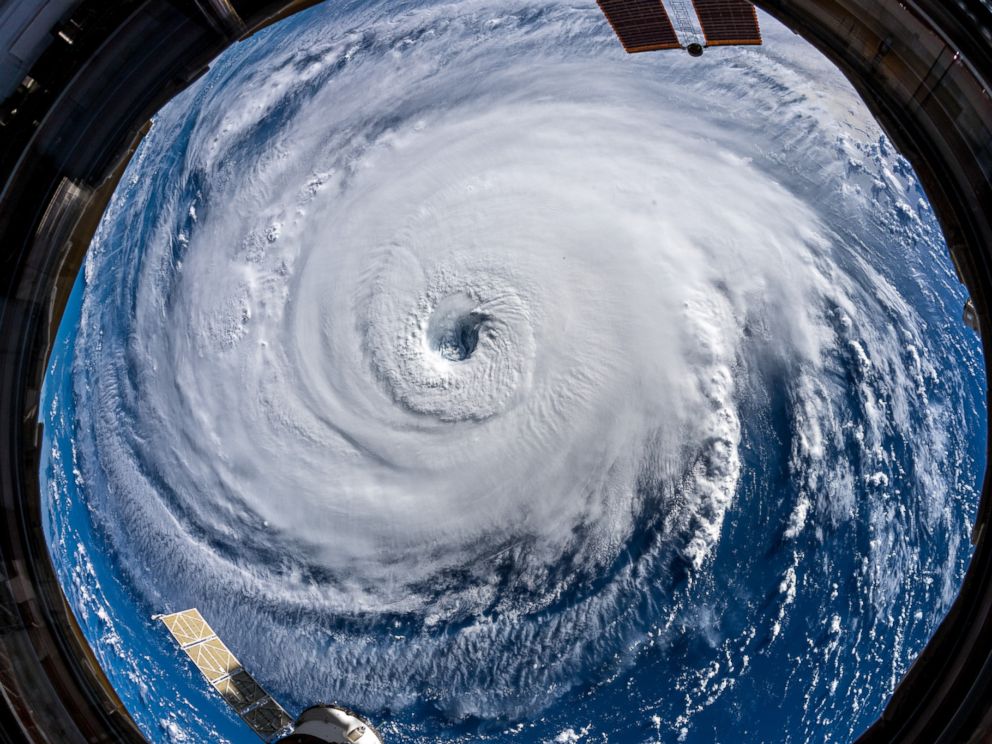You may think that only people who live in vulnerable areas on the East or Gulf Coast are subject to hurricane risk. However, what if the hurricane moves 200 miles inland and drops 10 inches of rain that causes rivers to flood? Will standard Homeowners Insurance cover damage from a hurricane 200 miles inland? Probably not.

Homeowner’s Insurance
Most home owners have standard Homeowner’s Insurance. The standard rule is: If the damage occurs due to something falling from above, you are covered, but if the damage occurs due to something rising up from below (such as water or flooding), you are not covered. “Yes, but it was the rain from above that caused the flooding from below to happen. Doesn’t that mean I’m covered?” The insurance company doesn’t view it that way, and they have a lot of legal precedent on their side. You will not be covered if a hurricane (or any big storm) hits and the resulting storm surge or flood infiltrates and damages or destroys your house. Sorry!
Flood Insurance
The best way to be insured against floodwaters is avoidance: Don’t live near a body of water or in a flood-prone area. Live on high ground. However, if you are already there, you should think about buying a separate Flood Insurance policy. Some mortgage lenders require it if you live in a FEMA Flood Zone. The dominant Flood Insurance provider is the National Flood Insurance Program, backed by the US Government. Their insurance has caps on coverage, has high deductibles, and is expensive. In other words, it’s not very good, in my opinion. However, it is the only game in town for much of the US. There is private insurance available in some states and some areas, so you might want to check those out, but don’t get your hopes up. Flood insurance is hard to get. Like I said, don’t live in a low-lying area.
Windstorm Insurance
If you live in a hurricane- or tornado-prone area, your Homeowner’s Insurance may not pay for damage directly caused by the wind, such as the wind directly blows the shingles off of your roof. You may need a separate Windstorm Insurance policy to cover direct wind damage. There is no Federal Windstorm Insurance, so you have to work with private insurers. I don’t have experience with this type of insurance, but Google it and a number of insurers will pop up. I would expect low levels of coverage and high deductibles.
IMO
If you live in a coastal East or Gulf Coast area and you want to be For Sure For Sure For Sure, then you want to have Homeowner’s, Flood, and Windstorm Insurance policies. All three. Very expensive, and possibly difficult to find and with high deductibles and low caps on coverage. Hope it is all worth it to you. People who are not adequately insured may try to look to the Federal or State government for help. This is politically controversial. The media shows images of flooded homes and then interviews the owners afterward inspecting their flood-damaged homes, and so it becomes politically difficult to deny helping these people. Then, if you think about it, many homes that are directly on the beach front are very expensive. You have to pay up for that beautiful ocean view. Some of these may not even be primary residences for the owners. If these wealthy beach front home owners are flooded out and are not adequately insured, how does it look politically to bail them out? Probably not good for them specifically, but they get lumped in with the poor people inland who are flooded, and so they get the benefit. That’s why we get into the $Billions of damage for some of these big storms. Avoidance is your best insurance, if you are able to avoid these hurricane- and flood-prone areas.
